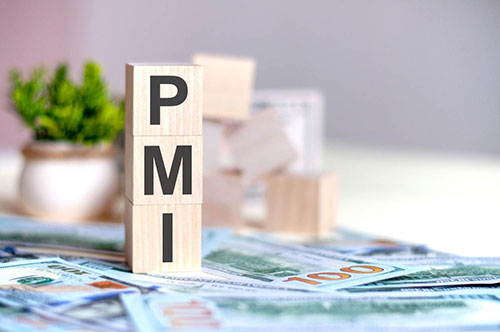Pros & Cons of Private Mortgage Insurance

Private Mortgage Insurance (or PMI) is a type of insurance that protects the lender should the buyer be unable to meet the monthly mortgage payments and defaults on their loan. When a buyer is looking to apply for a home loan, the lender typically will ask for a down payment of 20% of the property’s value, or the purchase price. Should the buyer not be able to make this payment, the lender will usually require the buyer to take out a PMI, to be paid in monthly installments as part of the typical mortgage payments. Once the buyer has paid off 20% of the home loan, the PMI can be removed.
Pros of PMI
Lower Down Payments:
It can be difficult for buyers to save up the 20% down payment, especially due to rising home prices. PMI lets you pay less upfront, so you can place an offer for the home you have your eye on, even if you can’t make the 20% down payment up front.
More Money Now:
If you feel like you will need the extra money for additional expenses, such as remodeling, repairs or emergencies, PMI lets you place a lower down payment now. This will allow you to have the money on hand should you need it.
Lock in Interest Rates:
When saving the standard 20% down payment, it’s possible that by the time that has been achieved, the interest rates on loans may have increased. This can mean you’re paying more over the life of your loan, rather than obtaining your loan while rates are lower.
PMI is Temporary:
When the buyer has paid off 20%, and the loan-to-value (LTV) ratio drops below 80%, you can request the removal of PMI. Once the LTV value falls to 78%, the lender has to cancel PMI provided you are still making your mortgage payments.
Cons of PMI
Extra Monthly Payments:
The cost of the PMI payments is added to your monthly mortgage payments. Depending on the size of the down payment, loan term, and buyer’s credit score, the cost of PMI can vary. This results in higher monthly costs until the PMI is removed.
PMI Protects the Lender, Not the Buyer:
PMI is in place to make sure the lender gets the money they are owed, should the buyer default on the loan and have to foreclose on the mortgage. You are making payments to protect the lender; you are not protecting yourself.
Canceling Can Be Difficult:
Even when you dip below the 80% LTV line, PMI does not automatically go away. In order to cancel it, some lenders will require you to submit an official letter to request early cancelation. An official appraisal may also be required once your request has been received.
PMI can be helpful, especially for those who cannot meet the required 20% down payment on their home, or for those who wish to put down a smaller down payment in order to have more money available for other expenses. It comes down to what your finances are able to cover now, and in the future. Talk with one of our Loan Officers to see what options are available for you.







